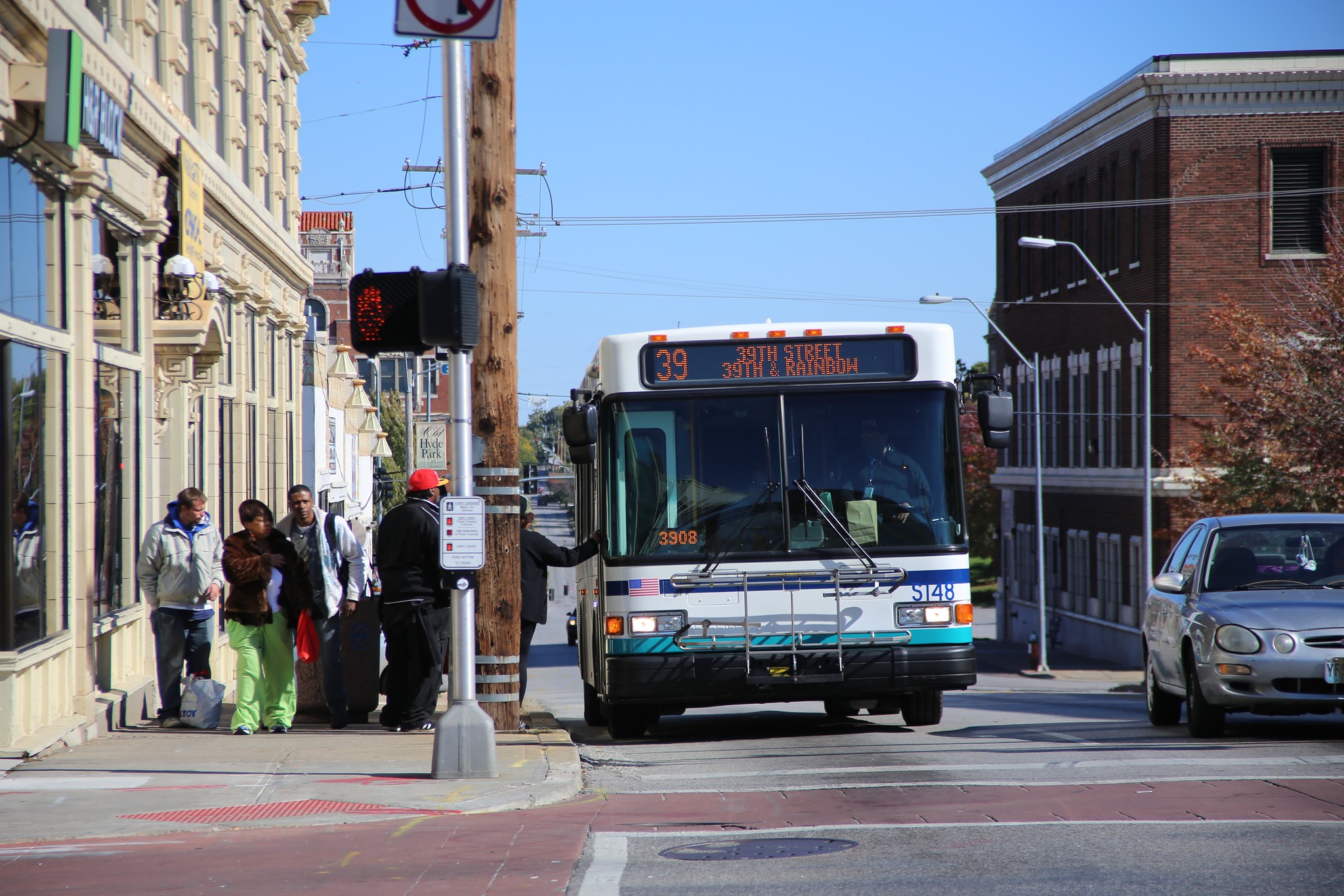Kansas City could become the first major metropolitan area in the country to provide free bus service for its residents — but some advocates are saying that transit advocates should be careful what they wish for.
Members of the city council in the major Missouri city last week unanimously approved a resolution requiring city officials to set aside funding to cover fares for all bus riders, beginning next year.
The proposal would cost about $9 million which is what the Kansas City Area Transportation Authority receives in bus revenue annually from fares of $1.50 per ride and $50 for a monthly pass. The city's streetcar is already free, and the KCATA already provides free service to veterans.
The Council still needs to determine how the city will raise the funds, but that isn't worrying Kansas City Mayor Quinton Lucas, who spearheaded the plan and called the vote "monumental." The Kansas City Area Transportation Authority also embraced the plan, tweeting, "This is going to improve the lives of so many and help fuel the local economy."
The City Council just took a monumental, unanimous step toward #ZeroFareTransit – setting Kansas City up to soon become the first major metropolitan city with free public bus service.https://t.co/BtkZtXDbwP
— Mayor Quinton Lucas (@MayorLucasKC) December 5, 2019
The proposal has earned plenty of accolades outside Missouri with advocates from Nashville, Portland, and Toronto clamoring for similar transit free measures in their cities, and reps from Bernie Sanders's presidential campaign tweeting support.
But some transportation experts warn that there's a cost to free transit: service could suffer.
"This will reduce barriers to access to people, which is great, but very few routes run frequently," TransitCenter spokesman Ben Fried told Streetsblog. "If you reduce barriers to access to a system that doesn't do a great job connecting people where they need to go, it's only helping people so much."
Kansas City's buses served about 14.6 million passengers in 2017 and roughly 48,000 passengers on an average weekday, but only half that amount on an average Saturdays and barely 14,000 riders on Sundays, KCATA budget records show. The city's "MAX" rapid bus transit line and light rail routes arrive every 10 minutes but most of its regular lines run every 30 to 60 minutes and some don't even operate on Sundays, depressing ridership.
Advocates in the Kansas City area argue the free fares campaign is a first step toward improving frequency and raising more operating funds for the system, but it's unclear how.
Public transportation in Missouri generates $3.67 billion in economic output for the state in 2019, according to a Citizens for Modern Transit study, but lawmakers in the Show Me State's Republican-controlled legislature are notoriously stingy, spending a paltry $0.34 per capita on transit in 2017. Neighboring Kansas (to the west) coughed up $3.78 while Illinois (to the east) poured in $190.42 per capita.
"The path we've seen American cities take has generally been the city and the region raise money which is then dedicated to service increases and that's what reduces barriers to access," Fried said. "If they are also able to win state support for transit service that would be good to see."






